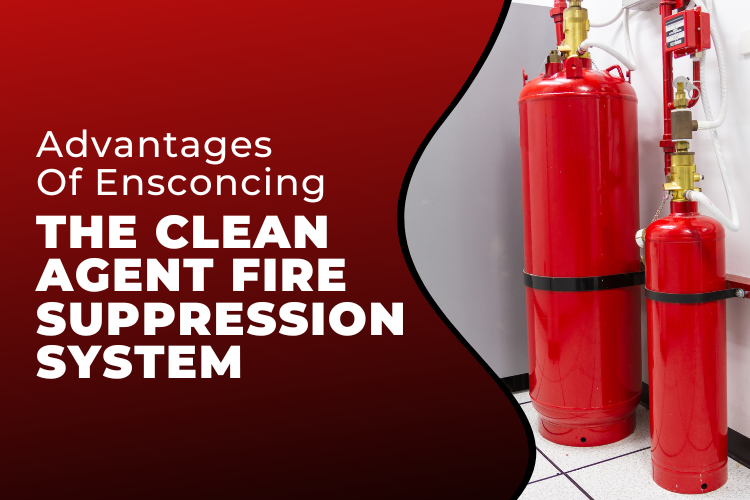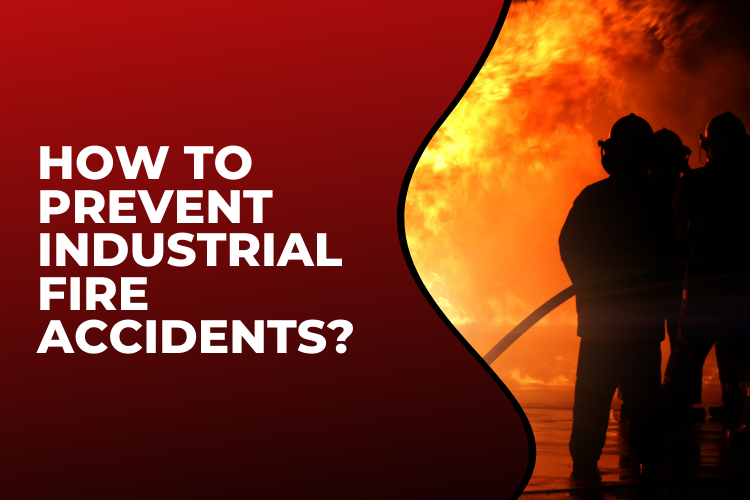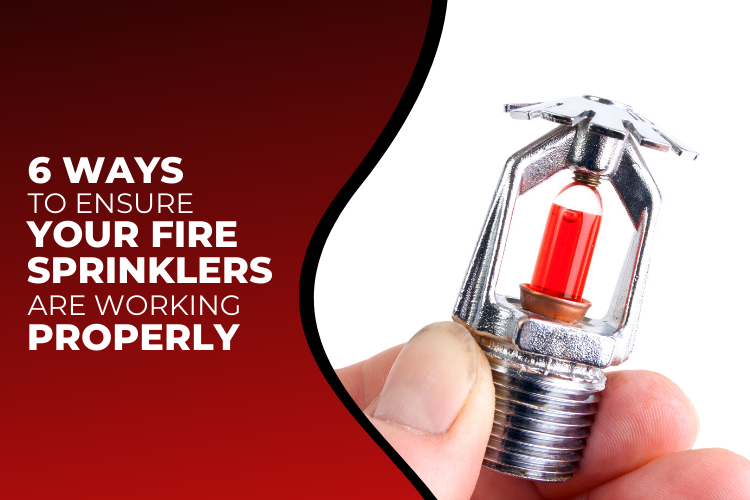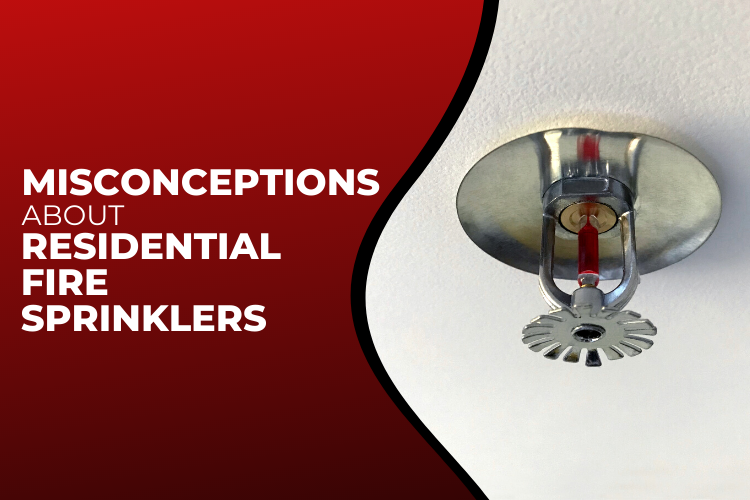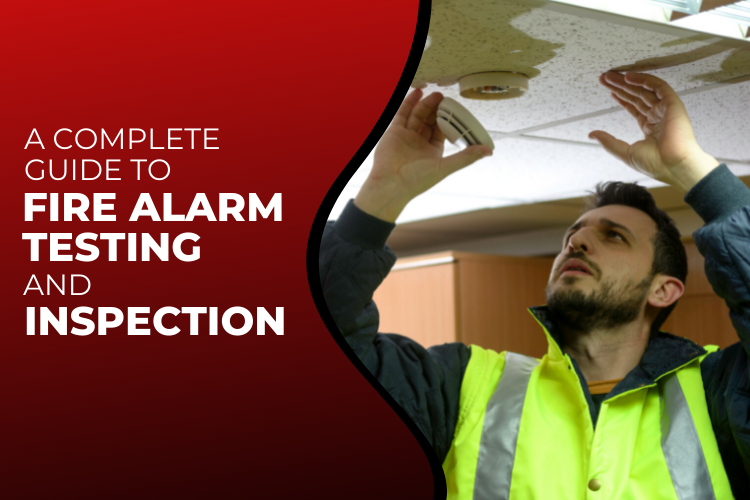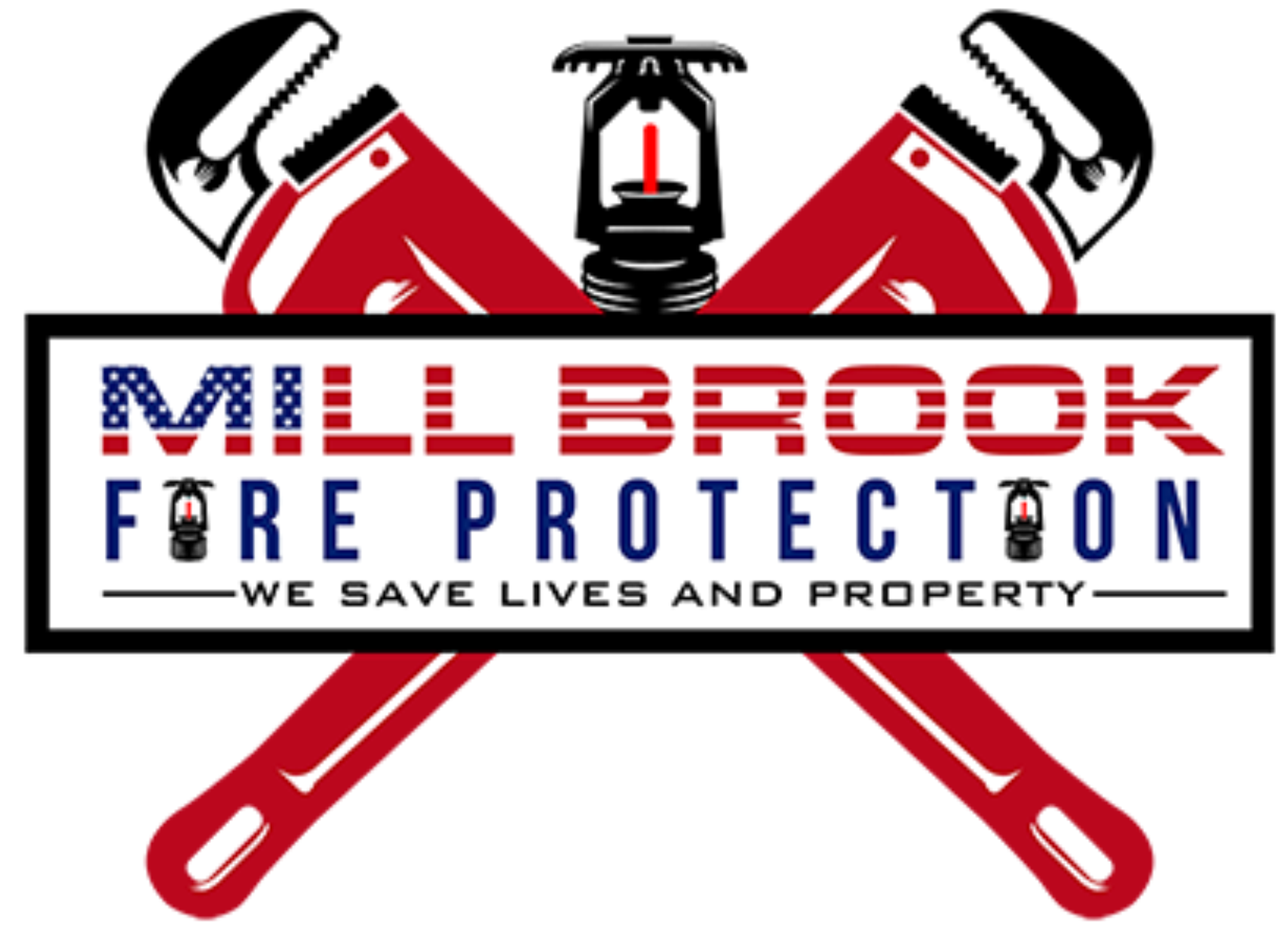
What Is A Fire Sprinkler Accident, It’s Causes, And How Can You Prevent It?
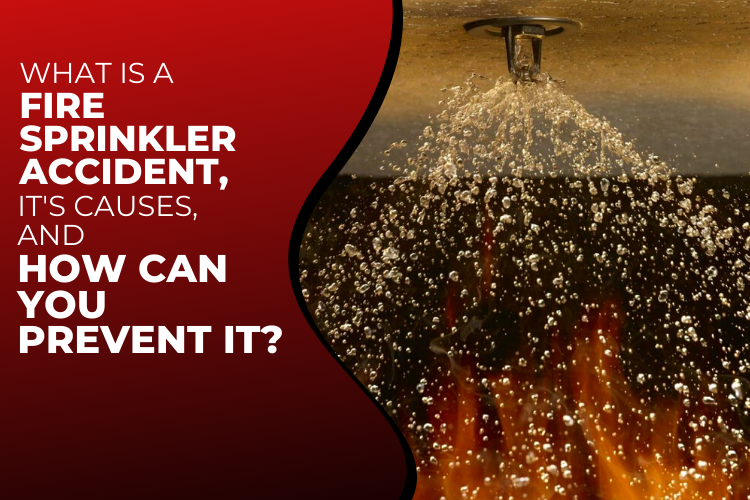
Fire sprinkler systems are the shields that secure properties and minimize damages that can occur due to fire.
But, what if your fire sprinkler system gets activated automatically without any fire, wasting gallons of water, causing a lot of damage, and drenching your property?
A fire sprinkler system, designed specifically to set off fire in its initial stage, is a crucial measure taken, for the safety of properties and lives against fire accidents. If due to any external or internal factors, the sprinkler fails to activate, it can cause a fire hazard. Likewise, sprinklers can go off without a hint of spark due to various reasons, causing severe water damage. This water discharge, apart from being an inconvenience, can also give rise to several problems. Indoor flooding, electrical short circuits, and wet floor injuries are just a few outcomes of a sprinkler accident.
As per reports, an accidental sprinkler discharge can cause thousands of dollars in damages, in solely a single minute, if no prior precautions are arranged for earlier.
Fire sprinkler accidents can be dangerous, causing an enormous loss to your property in terms of finance, resources and, time. These accidents are a pressing cause of concern for the fire suppression industry.
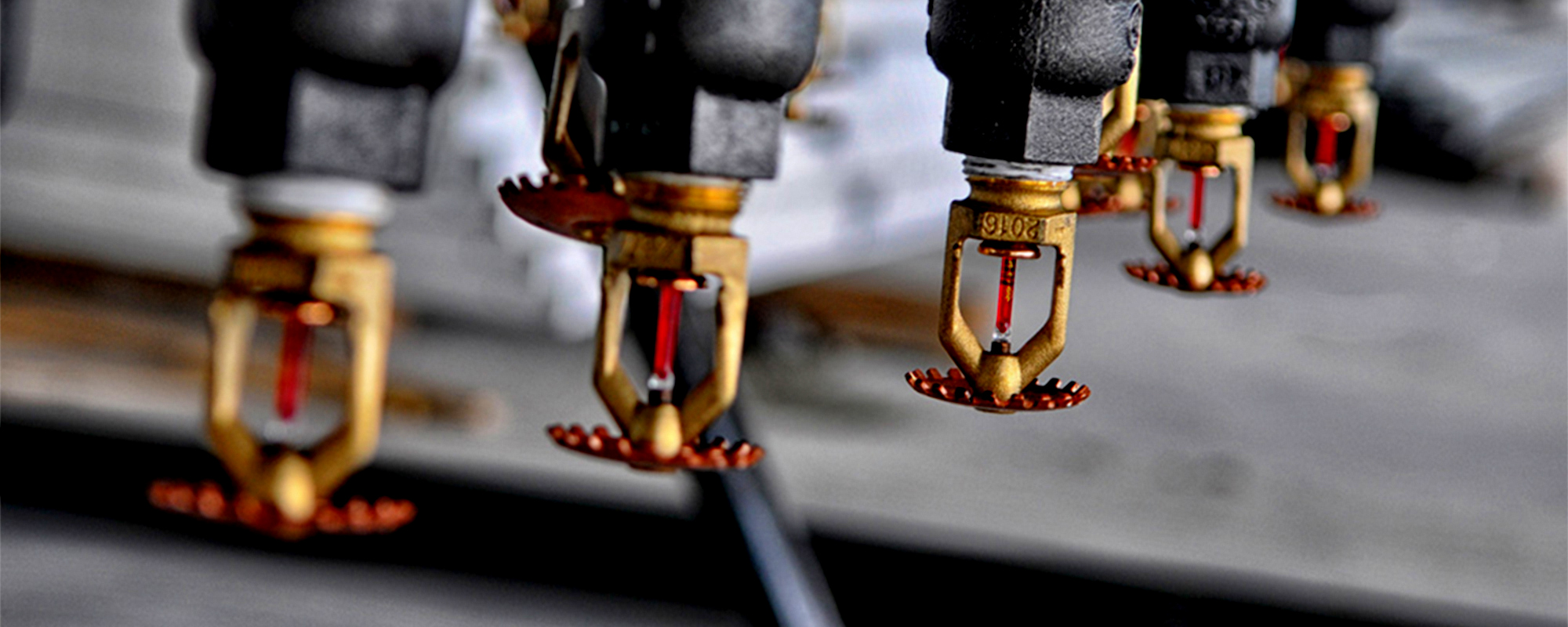 (1) Overheating:
(1) Overheating:
Fire sprinkler systems are curated to react when they sense heat. So, installing the fire sprinkler system, quite close to the cooking stove or to any device which emits immense heat, would definitely, be a bad idea. To avoid overheating, one needs to analyze and install heating equipment along with the fire sprinklers. Moreover, the NFPA’s 2019 edition states some specific standards for the installation of sprinkler systems. It points out particular scenarios where high-temperature-rated sprinklers are installed to prevent unnecessary release.
(2) Freezing:
Fire sprinklers are generally wet pipe systems. Due to this, water regularly fills the pipes. Even if the smallest portion of the system, is exposed to the freezing temperature during a power failure, it can turn the water into ice, making the system exposed to sprinkler accidents. To avoid such situations, one needs to install an anti-freeze solution to the pipes and use electric-heat tracing in their supply. Increasing the insulation will also help in eradicating such problems.
(3) Corrosion:
Corrosion is one of the prime reasons why fire protection industry professionals are always on their toes. Corrosion weakens the parts of a sprinkler system by making pin-sized holes, subsequently, fabricating a scenario of large-scale damage. As per reports, 73% of dry sprinkler systems suffer corrosion problems after 1.5 years. Regular inspections and testing of sprinklers, and repair of the damaged systems, can help combat corrosion. (Read our article https://millbrookfireprotection.com/events/corrosion-a-common-phenomenon-in-fire-sprinkler-systems/ to know more about the phenomenon of corrosion in fire sprinkler systems)
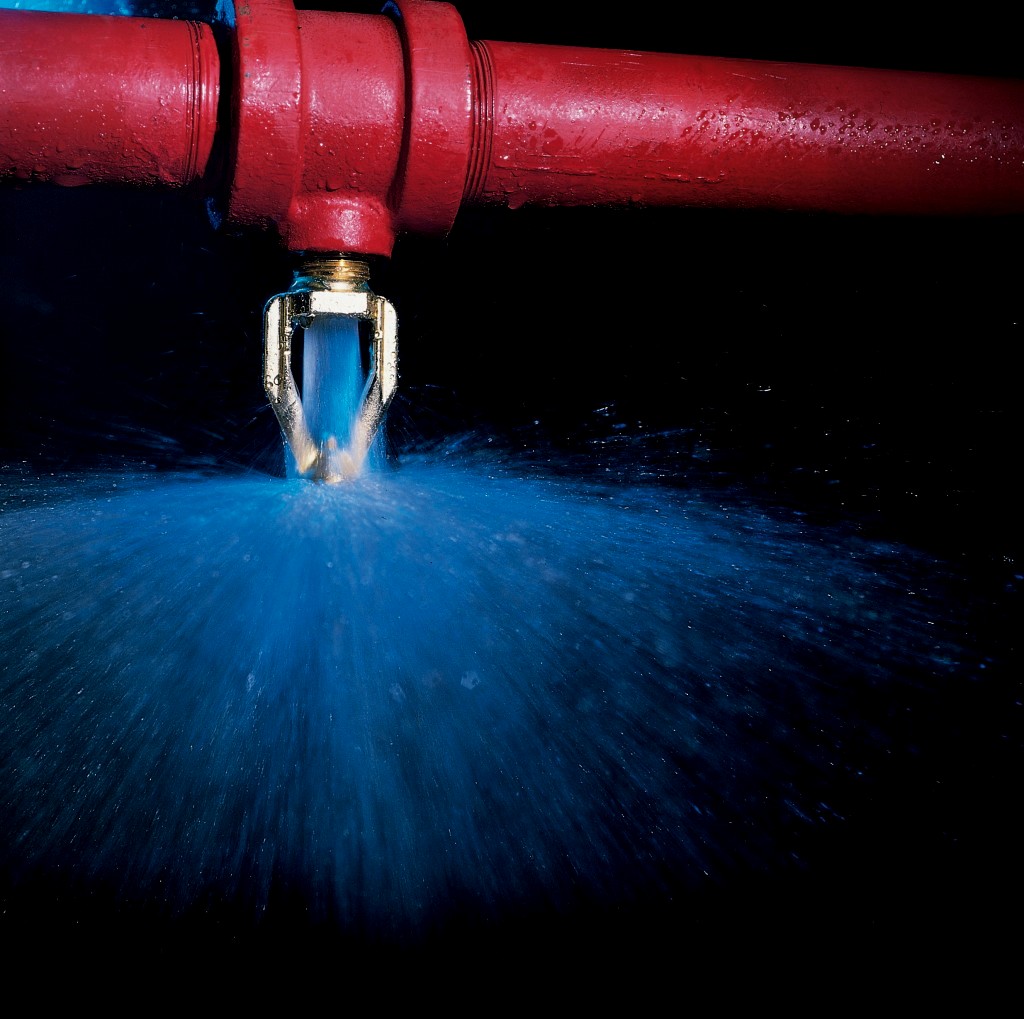 (4) Deliberate Sabotage:
(4) Deliberate Sabotage:
Insurance fraud, vandalism, and pranks are common when you hear about fire sprinkler accidents. To avoid such situations, one needs to install fire sprinklers in hard-to-reach spots, and institutional sprinkler heads can block easy access to sprinklers.
(5) Manufacturing Defects:
To be practical, the chances of fire sprinkler accidents due to manufacturing defects are quite low. Why? Because fire sprinkler instruments are tested thoroughly before being sent out to the market. Although, there could be some defective pieces that could make their way out, causing a lot of trouble. Thus, structured inspection and examinations are vital for detecting any damage in your sprinkler systems, that could cause further breakdowns.
Conclusion:
Fires are alarming, but so are the accidents caused by the fire sprinklers. Watch out for all the safety measures, protect your resources, and keep your loved ones safe from such accidents. By following simple safety measures with a little foresight, you can give people and things you love a risk-free life.

